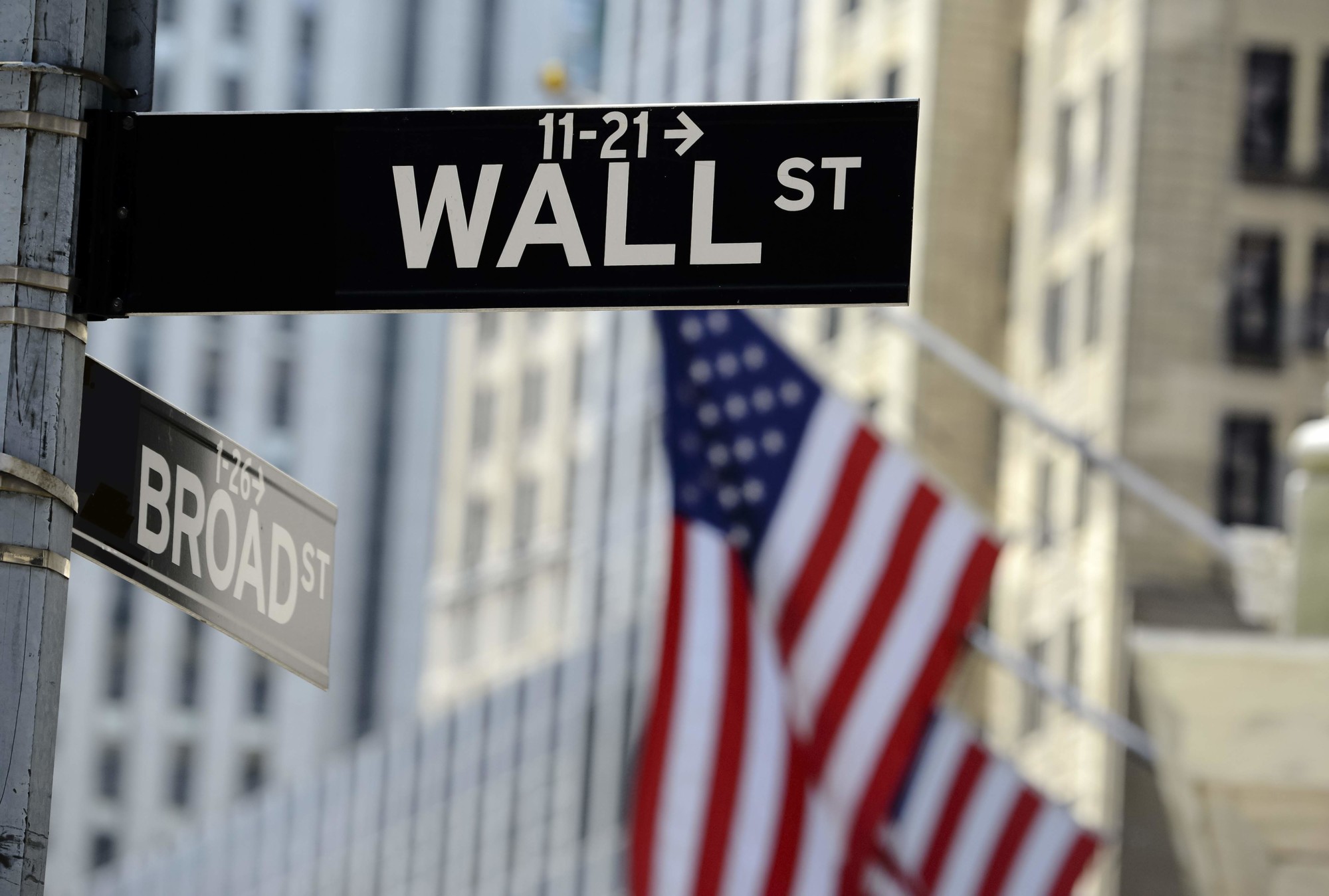We can emerge from COVID-19 with a more just economy. Here’s how.

We can emerge from COVID-19 with a more just economy. Here’s how.
In this painful moment, we come together in our humanity. This pandemic affects us all, regardless of income or ideology, and we can channel our global empathy toward making systemic change. We are amazed by communities springing into action to help those most vulnerable. The leaders behind these efforts are helping people to be more resilient in the face of uncertainty.
While the pandemic is a shock, Beneficial State was established to address the pervasive stress of a chronically broken banking system. Banking must serve the public interest, but instead has too often been a key driver of economic inequality. By prioritizing profits over people and planet, the banking system has cost too many people their livelihoods, slowing their ability to make progress on their priorities, like health, education, entrepreneurship, and affordable housing.
The last recession disproportionately decimated the wealth of Black, Latinx, Indigenous, and other minority households — and those effects are still felt today. In this moment, we must accelerate our work to implement viable solutions to fix what’s not working in our economy. It calls for us to deepen the fight for a long-term, just recovery. We join our mission-driven allies fighting to improve the conditions of communities harmed by negligent financial actors and worsened by the current health crisis.
Toward a truly shared economy—built by and for people:
Community banks, CDFIs, and economic justice advocacy organizations are no strangers to the uphill battle we face. It’s in our DNA to acknowledge that “an economy that isn’t working for all of us isn’t going to work at all.” Our collective decades of experience working to advance a just economy give us an endurance for running uphill, progressing toward a greener, fairer, and better economy for all.
For over a decade, Beneficial State Bank has modeled mission-driven banking while its nonprofit counterpart and owner, Beneficial State Foundation, advocates and sets standards for values-aligned banking in the public interest. In this moment, both our bank and our foundation are taking steps to redirect or reconfigure our resources to more effectively support the communities we serve. Beneficial State Bank is providing a variety of resources, including fee waivers, payment deferral programs, financial resources, and education opportunities to our customers, our employees, and our employees’ families. We know that our customers are changemakers, nonprofits, and businesses that work hard to help other people. Our top priority is to emerge stronger together on the other side of this terrible pandemic.
As we look toward a brighter, more just future for all, these principles are necessary for the recovery process:
- Include underrepresented voices at the decision-making table.
Those of us traditionally excluded from “being at the table” are experts of our experience. We know how to be resilient when faced with uncertainty. Solutions and messaging must be driven by those most directly impacted by the economic fallout from the coronavirus pandemic. - We’re all less healthy when any one of us can’t access healthcare.
As “flatten the curve” measures have stipulated for weeks, poor health in any of us can quickly spread to all of us. It’s time to recognize that everyone must have access to affordable healthcare. With this emergency, healthcare and its accompanying relief (paid sick leave, paid family medical leave, expanded Medicaid funding) could not be more critical. - People matter more than profits.
Business as usual and trickle-down economics will not solve the problems we face. We must collectively adopt a people first mindset to get to a thriving economy. Direct relief to people is more impactful than bailouts, and far more ethical than giving tax breaks to the wealthy or the largest corporations. People first also means stewarding a healthy, livable planet for all. Our economy is strongest when all people can thrive with opportunities to build wealth. - Racism and xenophobia will never be tolerated.
Xenophobia against Asian communities has no place in politics, policy or the spaces we share. We collectively have a duty to unite against the discrimination and harassment that has been exacerbated by hateful language during this pandemic.
We call on policymakers to organize immediate federal relief efforts around the following people first principles:
- Relief measures must be long-term and enable a just transition to an inclusive economy.
Industry stimulus must lay the groundwork for the transition away from extractive investment toward socially and environmentally just investment. That means no unconditional industry bailouts. No bailouts for banks without clean energy transition requirements, or for any other industry without measurable commitments to reduce pollution. Now is the time to end stock buybacks, regulate CEO pay and corporate lobbying, and permanently improve working conditions for those most impacted by the damaging economic effects of COVID-19. - Protect consumers, especially the most vulnerable.
We are the economy, and a strong economy requires strong protections from predatory financial practices, fraud, and scams. Moratoriums on evictions, utilities shutoffs, and foreclosures are critical. Renters, students, auto loan borrowers, homeowners, and other borrowers all need easy access to deferrals and flexible payment options. - Support small businesses, focusing on those most impacted by economic downturns.
There must be support for Black and people of color owned businesses, microbusinesses, immigrant entrepreneurs, undocumented entrepreneurs, and low-income business owners. Grants and subsidies will help these businesses to cover immediate capital needs. Loans should carry no or low-interest rates and long repayment terms. Recovery relief channeled toward financial institutions should be directed at those with a mission-driven mandate to serve low and moderate-income communities, not to Wall Street. This includes CDFIs already embedded in local, living economies and working to restore Main Street.
Let’s use our resources to help people who are most burdened by the impacts of this public health crisis. Let’s think long-term about how to support regenerative, local, living economies. Let’s fend off another impending crisis — climate chaos — by transitioning to a cleaner, greener, more equitable economy. In this moment, let’s build wealth for our economically vulnerable—the working people, who have been left behind too often.

